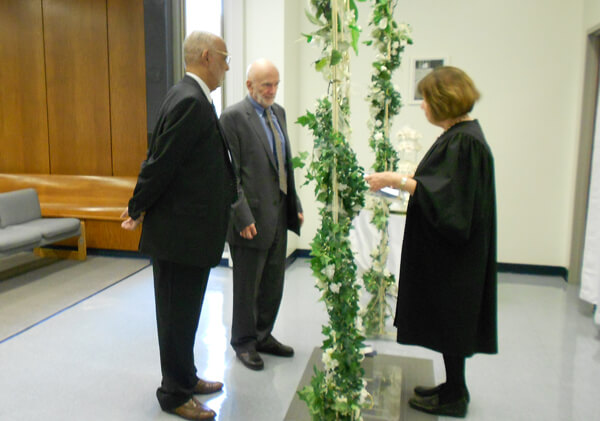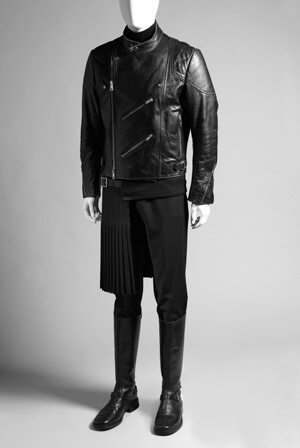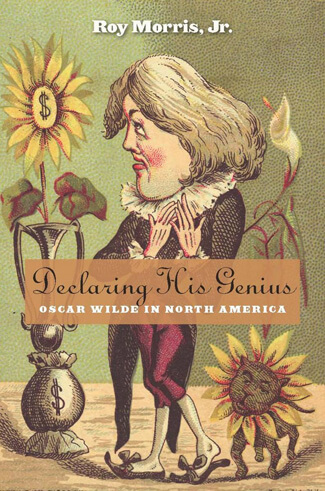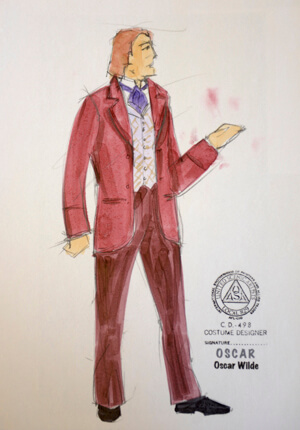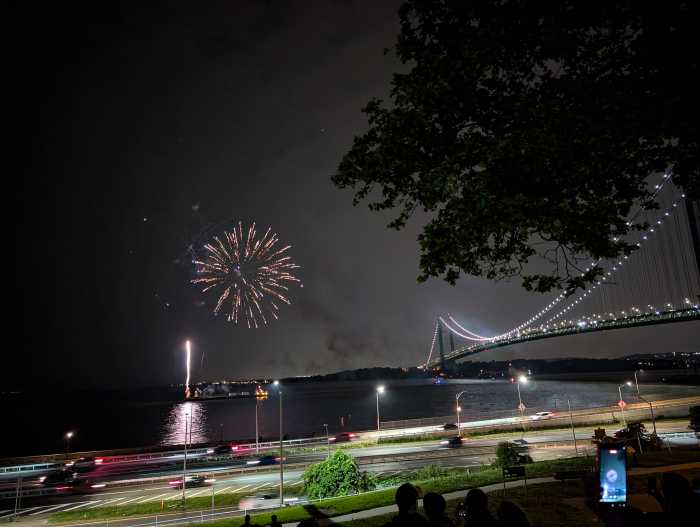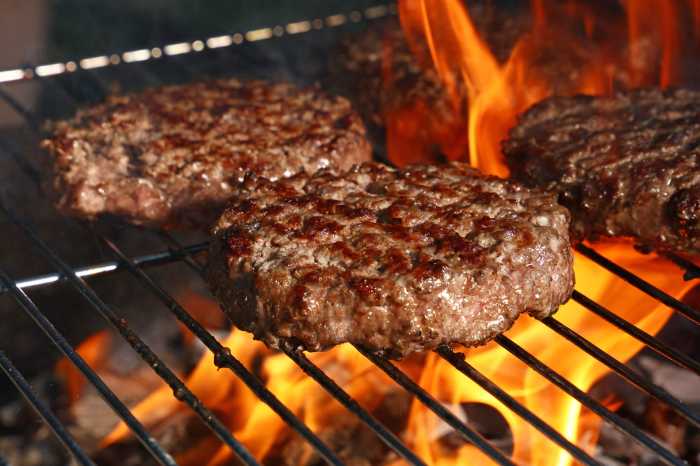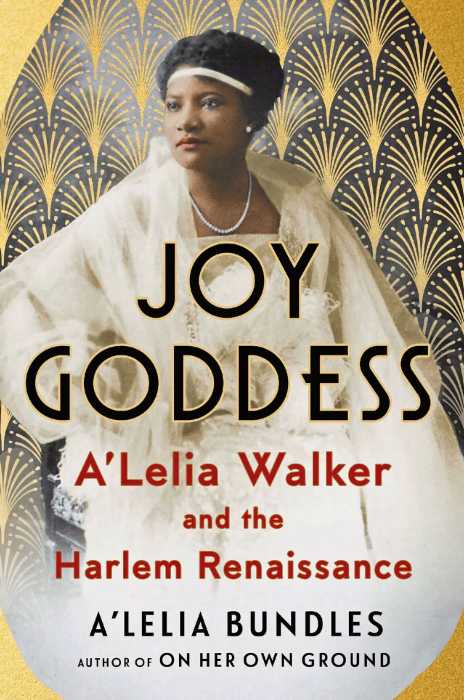Charlie Rowe and Rupert Everett in David Hare’s “The Judas Kiss,” directed by Neil Armfield, at BAM's Harvey Theater through June 12. | RICHARD TERMINE
For years, Rupert Everett has rankled the LGBT community by blaming being openly gay for poisoning his acting career. Of course, saying things like “I can’t think of anything worse than being brought up by two gay dads” a few years ago hasn’t exactly won him many queer fans, either. “Self-loathing” was one of the kinder epithets hurled in his direction.
Perhaps it’s time to put all that behind us. Everett, who launched his career in the early 1980s with the queer-themed play and subsequent film “Another Country,” is now tackling the grueling role of Oscar Wilde in “The Judas Kiss” at BAM’s Harvey Theater. In this tale of morality, indignity, betrayal, and the love that dare not speak its name, Everett is no less than astonishing.
Virtually unrecognizable from the debonair types he played in films like “My Best Friend’s Wedding” and “An Ideal Husband” (adapted from a Wilde play), the 56-year old British actor imbues Wilde with a heady mix of panache and pathos.
Rupert Everett triumphs as caustic wisecracker, sexual deviant Oscar Wilde
In some respects, the notorious Irish dramatist is an alter ego of Everett, who identifies with the maligned, misunderstood artist and sexual outlaw. His passion borders on obsession — besides gravitating to works written by Wilde (he also appeared in “The Importance of Being Earnest”), he’s been a driving force behind this production, which originated at the Hampstead Theatre and moved to the West End and Toronto.
Everett is even developing a film about Wilde’s final days called “The Happy Prince,” borrowed from a children’s story of the same title written by Wilde. His passion is palpable on the stage.
If only “The Judas Kiss,” written in 1998 by David Hare (“Skylight”), was as impressive as Everett’s commitment. The fascinating yet patchy piece shines a light on two lesser-known yet pivotal chapters in Wilde’s tragic life. The first act, set in 1895 in a sumptuous London hotel room, tries to answer the question: Why didn’t Wilde, charged with “acts of gross indecency” with young men, flee the country and avoid a painful, humiliating public trial while he had the chance?
Wilde’s dearest friend and erstwhile lover, Robert Ross (Cal MacAninch), begs him to escape while Wilde’s young paramour Bosie (Charlie Rowe, who delivers a forceful performance), also known as Lord Alfred Douglas, pleads with him to stay and fight for his right to love as he pleases. Bosie’s reviled father, the Marquess of Queensberry, is leading the charge. A growing lynch mob of reporters swarms in the hallway.
The second act finds a dissipated Wilde, after three ignominious trials and two years in jail, exiled in Naples, sharing a shabby, rat-infested villa with the fickle-hearted Bosie, who soon betrays him. Wilde is broken and penniless; his wife (yes, he was married with two sons) and friends have all but abandoned him. He would die destitute soon thereafter.
Under the direction of Neil Armfield, the play tends toward talky and static — Wilde remains planted in his chair much of the second act — and leaves yawning gaps in Wilde’s biography that only die-hard buffs can adequately fill in.
What’s more, it’s not clear what Wilde sees in the spoiled, petulant Bosie, or why, after the horrific scandal, they would bother to reunite at all.
Thankfully, there’s plenty of Wilde’s trademark poetic wit to perk up the proceedings, and Everett delivers it deftly. When Bosie say he looks well, Wilde retorts, “Do not mock me. My appearance is that of a senior pederastic Anglican bishop who has been locked all night in a distillery. Flatter me by all means, I adore it, but not for my appearance.”
In response to Bosie’s plea to speak openly about love between men, “the highest form of love,” Wilde shuts him down. “We have come to Naples to suffer and be silent. Ours is an ethic of silence. Preferably on a substantial private income. Which is, I admit, at this moment, proving the elusive part of the plan.”
To spice things up a bit, “The Judas Kiss” is populated by luscious naked bodies. The play opens with a graphic sex act, not between two men but between a nubile hotel maid (Jessie Hills) and a footman (Elliot Balchin). The aim, besides showing that humans all have basic animalistic urges, is to offer a counterpoint to the two nude men who open the second act, lying in an embrace after a night of drinking and buggery. One is the beautiful Bosie and the other is a random hunk of rough trade, a Neapolitan fisherman named Galileo (Tom Colley in his swarthy, impossibly chiseled, full-frontal glory).
This prompts us to wonder, why is one sex act socially sanctioned and the other considered a crime against nature and God, punishable by imprisonment? Even more curious, why is it acceptable to blatantly depict a sex act between a man and a woman onstage, but any sexual encounter between two men is left to mere implication?
THE JUDAS KISS | Brooklyn Academy of Music, Harvey Theater, 651 Fulton St., btwn. Rockwell & Ashland Pls. | Through Jun. 12: Tue.-Sat. at 7:30 p.m.; Sat. at 2 p.m.; Sun. at 3 p.m. | $30-$35 at bam.org | Two hrs., 30 mins., with intermission


